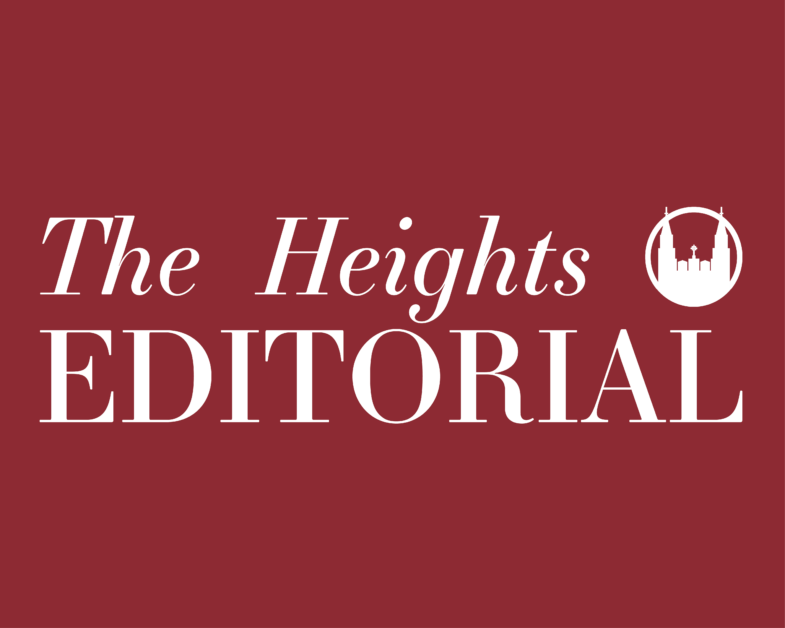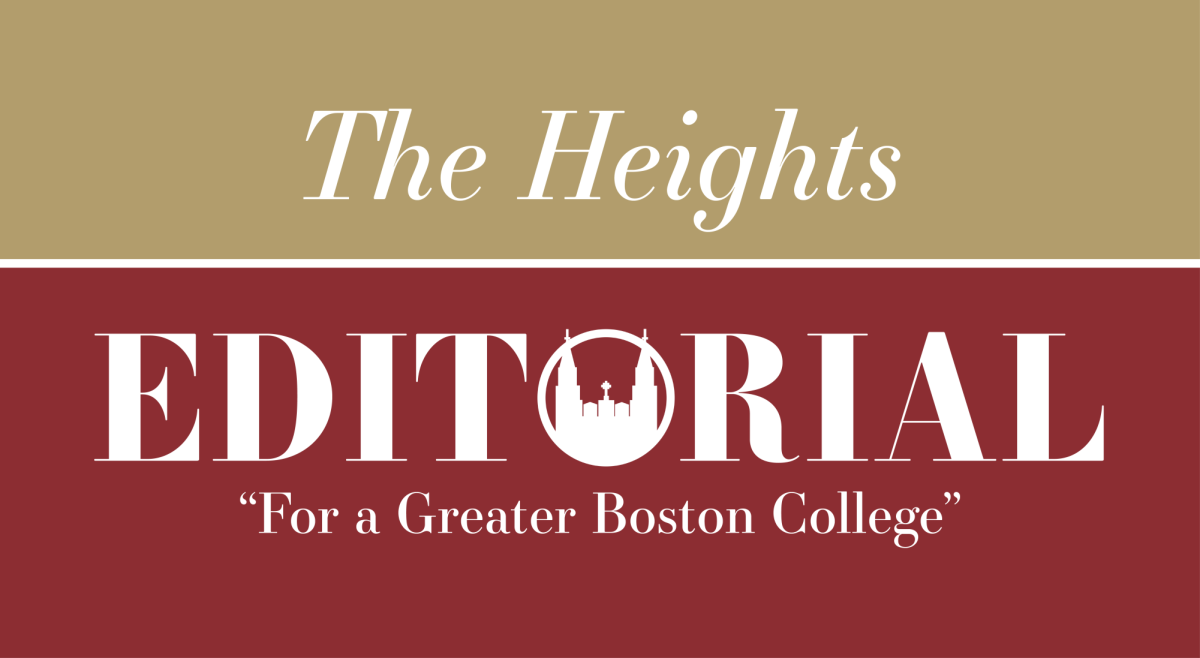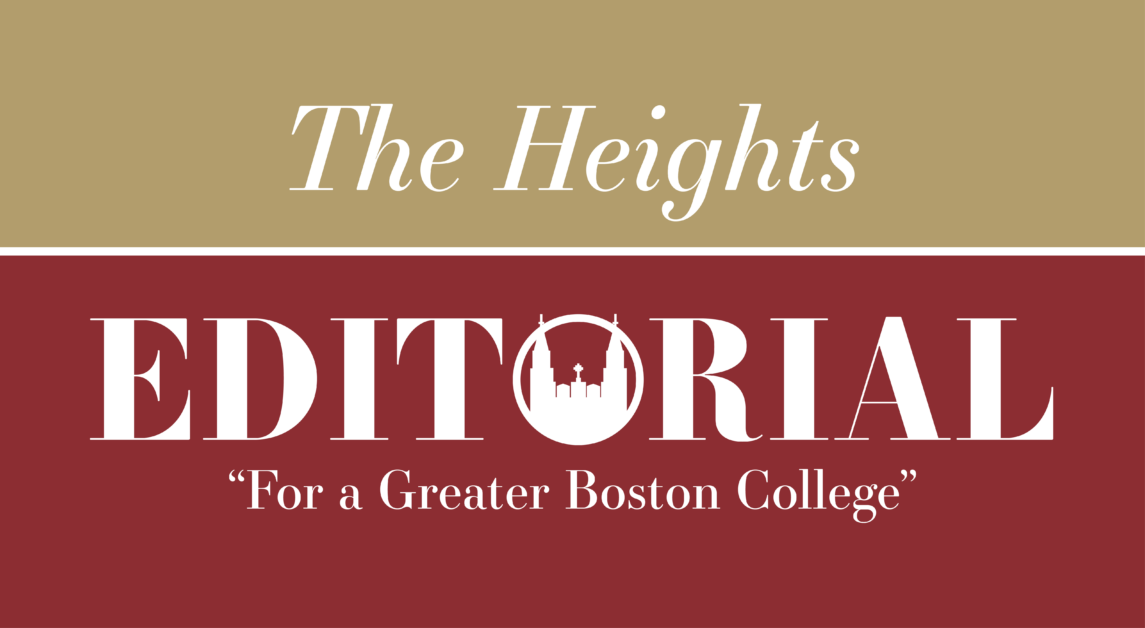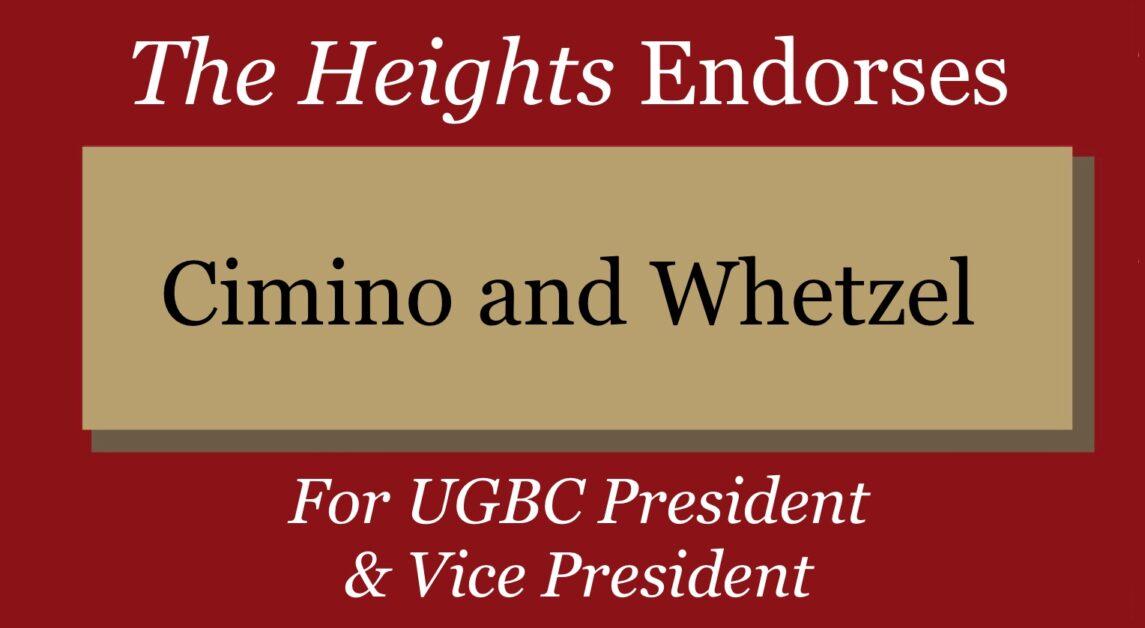Student organizations should not invite discriminatory speakers that ostracize members of the BC community and do not constructively participate in open debate.
There is a consistent pattern of hateful and inappropriate speakers being invited to speak on Boston College’s campus. In March, BC Republicans hosted political scientist Hadley Arkes, who promoted conversion therapy and argued that homosexuality went against natural law. In April, the Latin America Business Club invited Álvaro Uribe, the former president of Colombia who is currently under investigation by the United Nations for human rights violations and witness tampering. In November 2019, BC Republicans sponsored Andrew Klavan, who has promoted Islamophobia and claimed that European culture is superior to all other cultures. These speakers actively discriminated against people in their remarks, which is harmful to the affected populations and created a hostile, divisive environment on campus.
There is an important distinction between controversial speakers who open up honest dialogue and hateful speakers who shut down debate under the guise of free speech, creating outrage and controversy that only serve to further divide people. Student clubs should host speakers who promote respectful, productive academic debate. Inviting prejudiced, divisive speakers polarizes students and is counterproductive to academic debate.
In its policy on discriminatory harassment, BC notes that “Nothing in this policy should be construed to infringe on the academic freedom of members of the University community and their right to use the academic forum provided by the University either to discuss controversial subjects or to express ideas with which some or most members of the University community strongly disagree.”
In the interest of free speech, student clubs should be able to host controversial speakers, but students also bear the responsibility of maintaining ongoing and respectful discussions on campus. The opposite is accomplished when student groups invite speakers who create a hostile environment with their discriminatory speech.
For example, in September 2013, the St. Thomas More Society hosted Ryan Anderson, who spoke at the event titled “A Case Against Gay Marriage.” Many students who disagreed with Anderson attended the event in protest, but they participated in a respectful question and answer session with Anderson.
In March 2019, the BC Pro-Life Club hosted Kristan Hawkins, who is the current president of Students for Life of America and titled her presentation challenging the right to abortion “Lies Feminists Tell,” which incited intense debates on campus. Similar to the 2013 event, students whose views opposed Hawkins’ attended the event and participated in a civil question and answer session.
Holding controversial events on campus is not exclusive to the political right. Another controversial political event on campus that sparked meaningful debate is BC Students for Justice in Palestine (SJP)’s Peace, Not Apartheid Week that it has held in the past. In 2016, the week-long event featured 8-foot-tall walls reading “Free Palestine” and “Peace, Not Apartheid.” The group also invited Nathalie Handal, a professor at Columbia University who spoke about her Palestinian roots. The Israel-Palestine conflict is a controversial topic, but SJP’s event successfully created open dialogue.
Speakers do not have to share the views of the Heights Editorial Board, students, faculty, or the University in order to be invited to campus. Freedom of speech is protected under the First Amendment, and student demonstrations, including free speech, are allowed on campus as long as they “do not violate directly or indirectly the rights of others,” according to the Student Code of Conduct. Clubs should not invite a guest speaker that can be accused of breaching the peace on campus, and therefore doing more harm than good. Klavan, for example, was met with disruptive protesters who he egged on.
The BC Police Department was needed to provide security reinforcement because they were aware of the protests that would occur during Klavan’s event. Purposefully inviting a speaker that is going to incite unsafe conditions on campus is irresponsible.
There must be careful consideration about facilitating conversations without denying BC students their rights. These rights include both the right to be respected as a human being and the right to feel safe at all times on campus.
BC has witnessed a pattern of bias-motivated actions and microaggressions that do not create a sense of belonging and community that every student equally deserves to be a part of. Discriminatory speakers that transgress the bounds of controversy to promote hateful beliefs and actions fuel this phenomenon.












